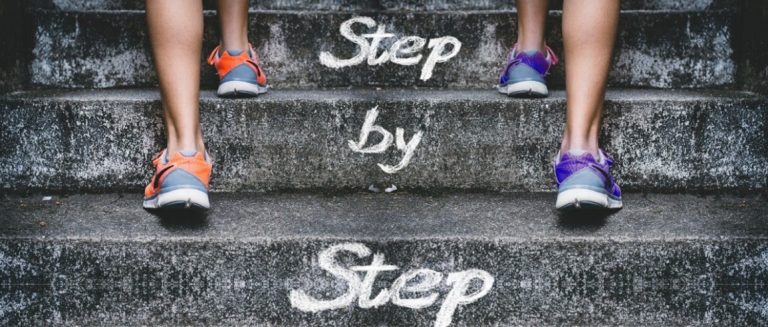Adverse Childhood Experiences
Adverse Childhood Experiences (ACEs) can increase an adult’s likelihood of poor mental and physical health outcomes later in life. The other side of the ‘ACEs coin’ is Positive Childhood Experiences (PCEs), which can lead to improved mental health and healthier relationships throughout childhood as well as into adulthood. In 2019, Christina Bethell, et al. studied … Read More












